Recognizing and adjusting to our physical limitations becomes essential for our well-being as we age. While hobbies are a great way to stay active and engaged, some activities may pose significant risks for seniors over 75. Below is an extensive list of such hobbies you should avoid, with safer alternatives.
Adventure Sports
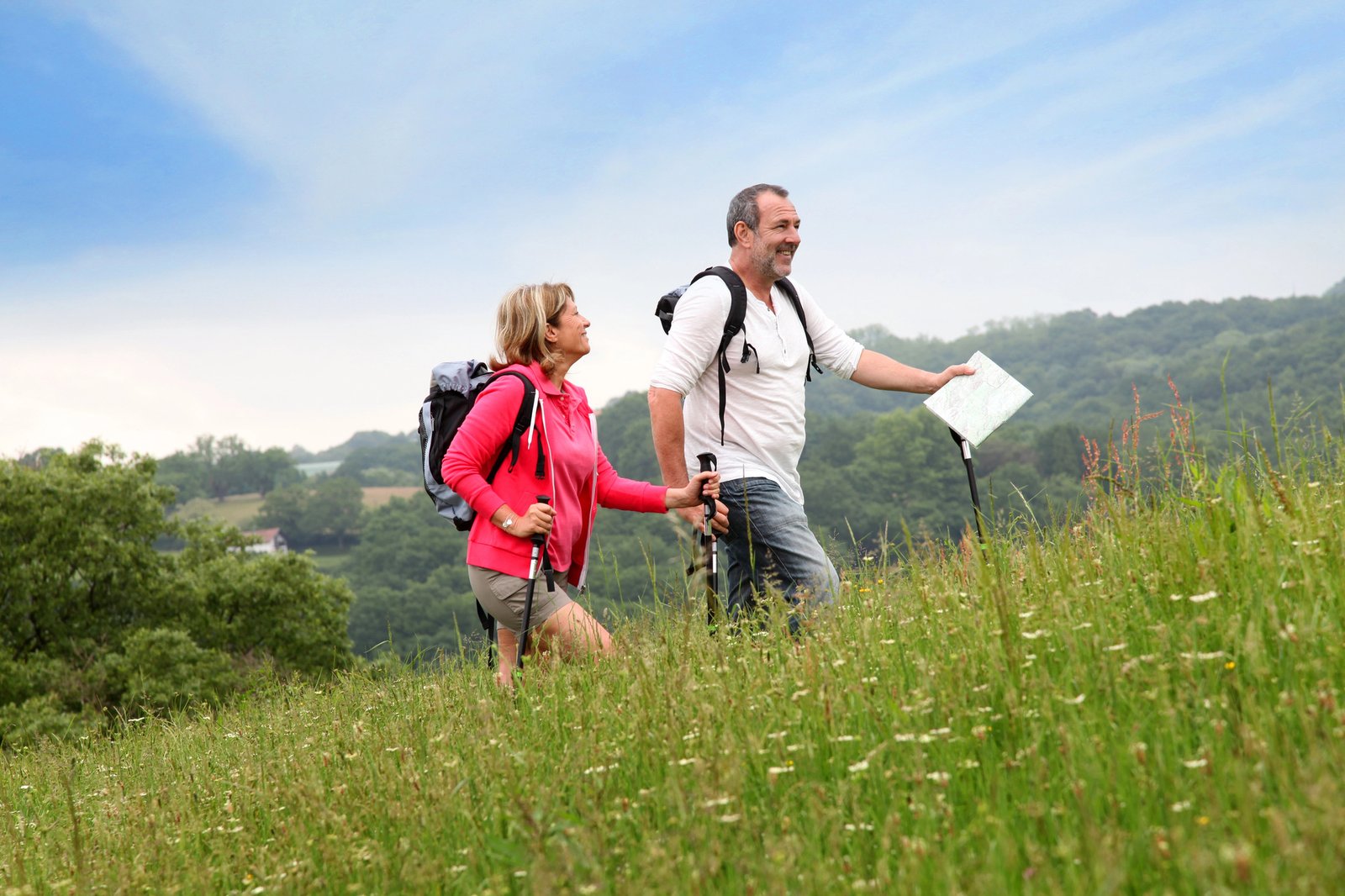
High-risk activities like skydiving, bungee jumping, and paragliding can be dangerous for seniors. These sports require excellent physical condition and put significant strain on the heart and body, increasing the risk of severe injury or health complications.
Heavy Weightlifting
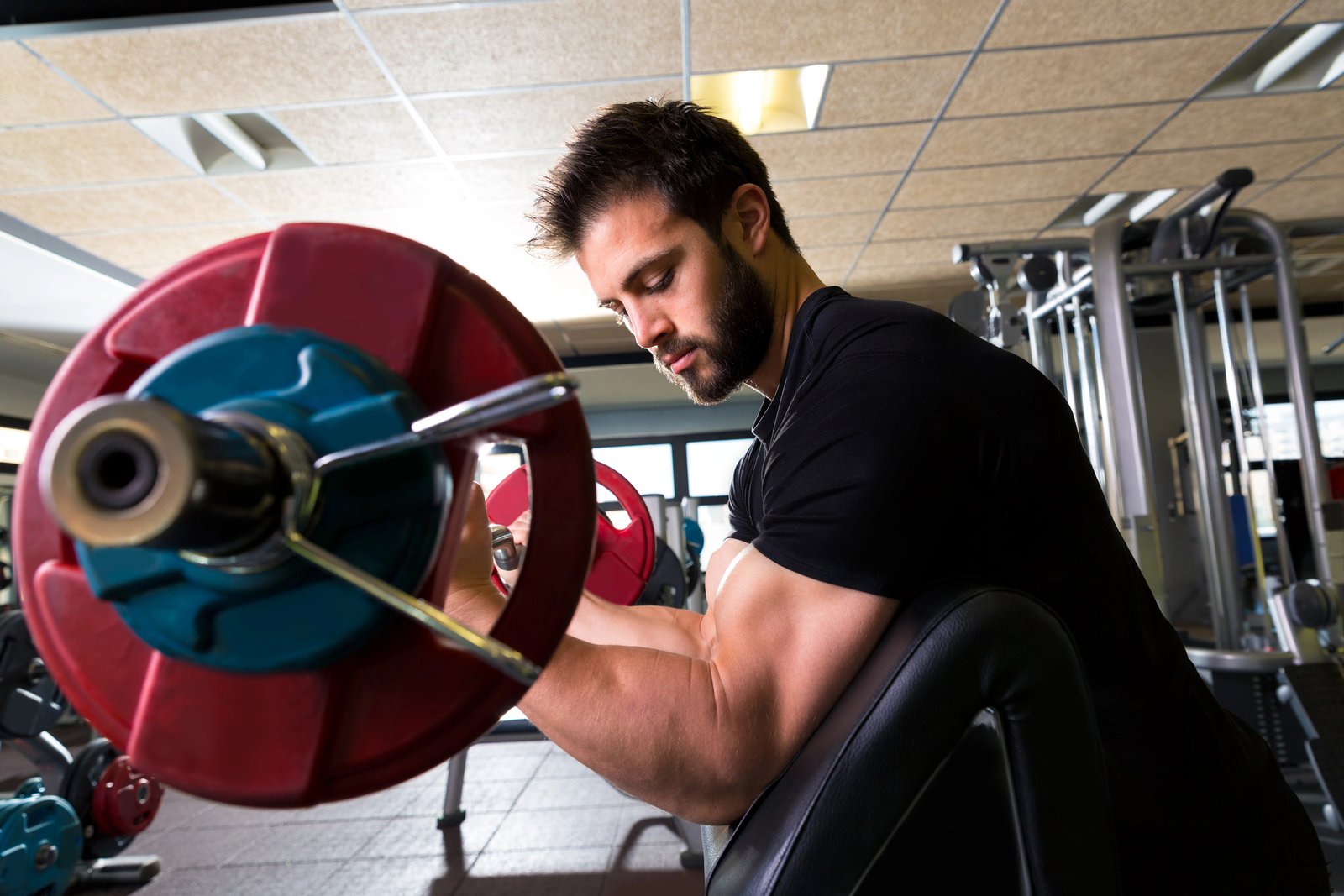
Lifting heavy weights can lead to injuries such as hernias, muscle tears, and joint damage. Seniors should opt for light strength training, which helps maintain muscle mass and bone density without the associated risks of heavy lifting.
Prolonged Sun Exposure

Older adults have more fragile skin, making them more susceptible to sunburn and skin cancer. Using sunscreen, wearing protective clothing, and avoiding peak sun hours are essential to prevent skin damage and related health issues.
DIY Home Repairs

Home repairs involving heavy lifting, climbing, or power tools can be hazardous for seniors. Falls are a leading cause of injury among older adults, and home repair tasks significantly increase this risk. Hiring professionals for such tasks is a safer approach.
Driving Long Distances

Long-distance driving can lead to fatigue and slower reaction times, increasing the likelihood of accidents. Seniors should take regular breaks, share driving responsibilities, or consider alternative long-distance transportation.
Extreme Dieting

Extreme dieting or sudden changes in diet can result in nutritional deficiencies and muscle loss. A balanced diet rich in essential nutrients is crucial for maintaining health in older age. Consulting with a nutritionist can help seniors develop a safe and healthy eating plan.
High-Impact Exercise
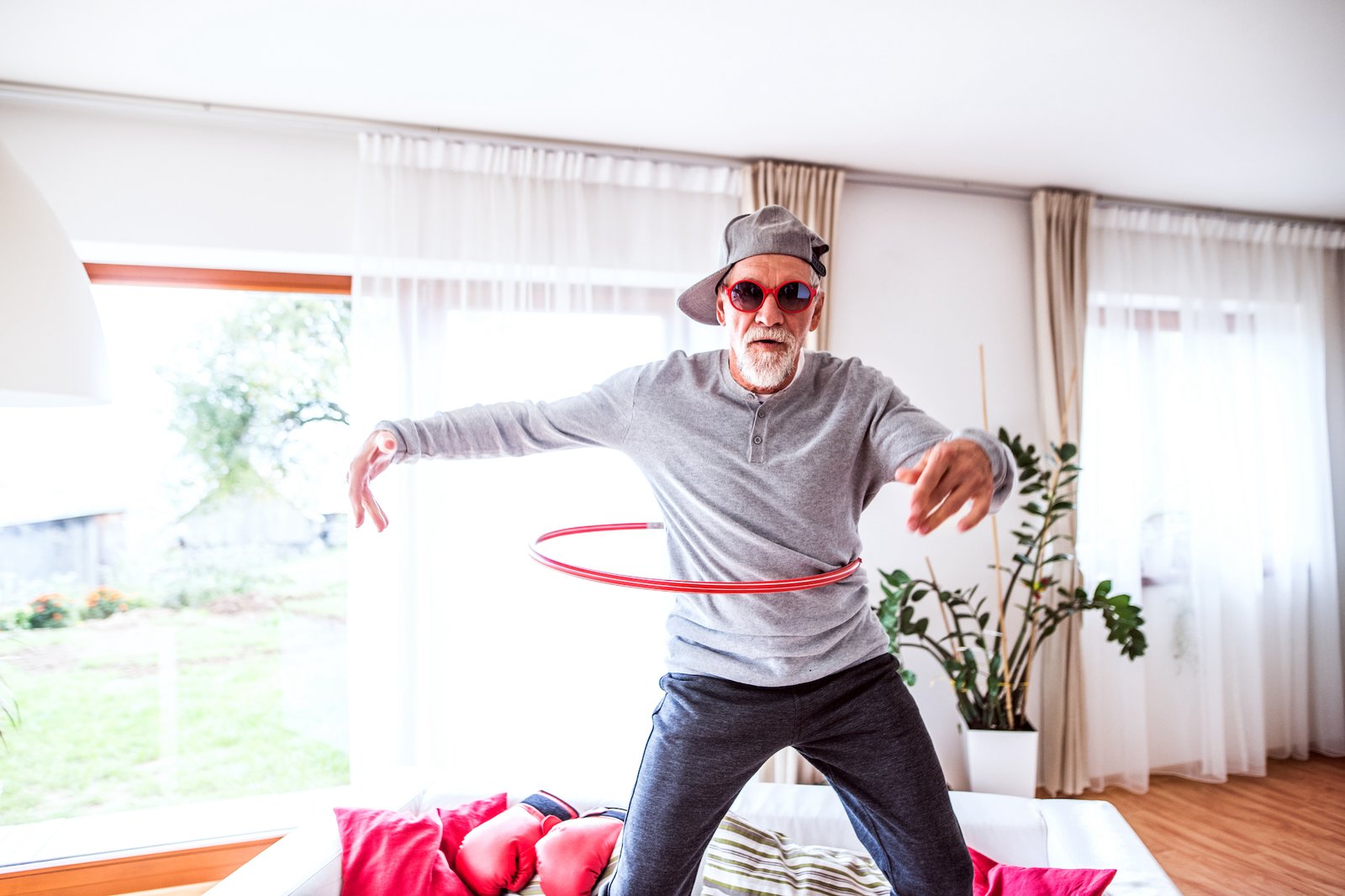
High-impact exercises such as running and aerobics can cause joint pain and increase the risk of falls and fractures. Low-impact activities like swimming, walking, and tai chi are safer options that provide health benefits without stressing the joints.
Horseback Riding
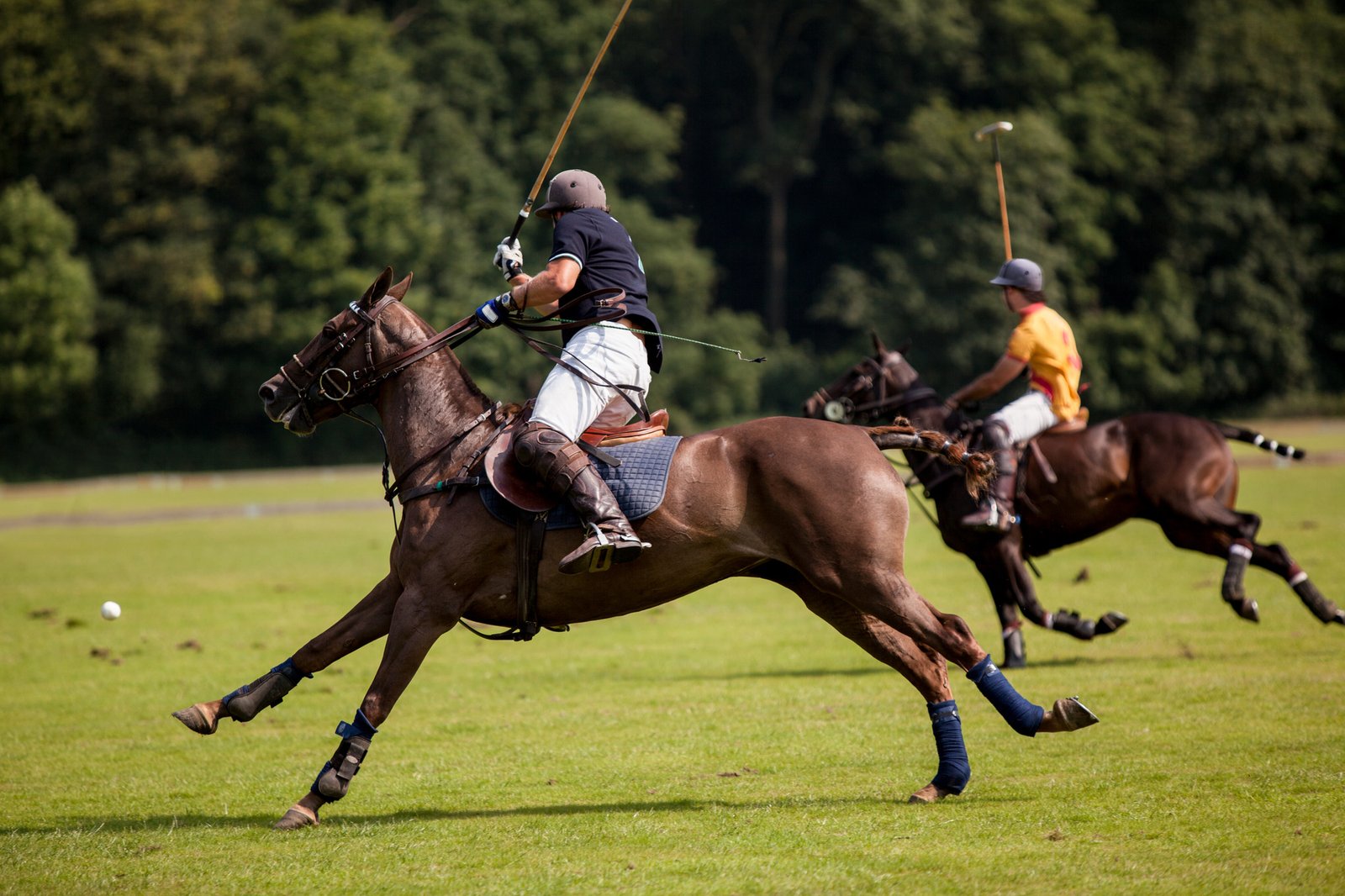
Horseback riding can be risky due to the potential for falls and injuries. Balance and reflexes tend to decline with age, increasing the risk of accidents. Seniors should consider safer alternatives like spending time with animals or engaging in pet therapy.
Scuba Diving
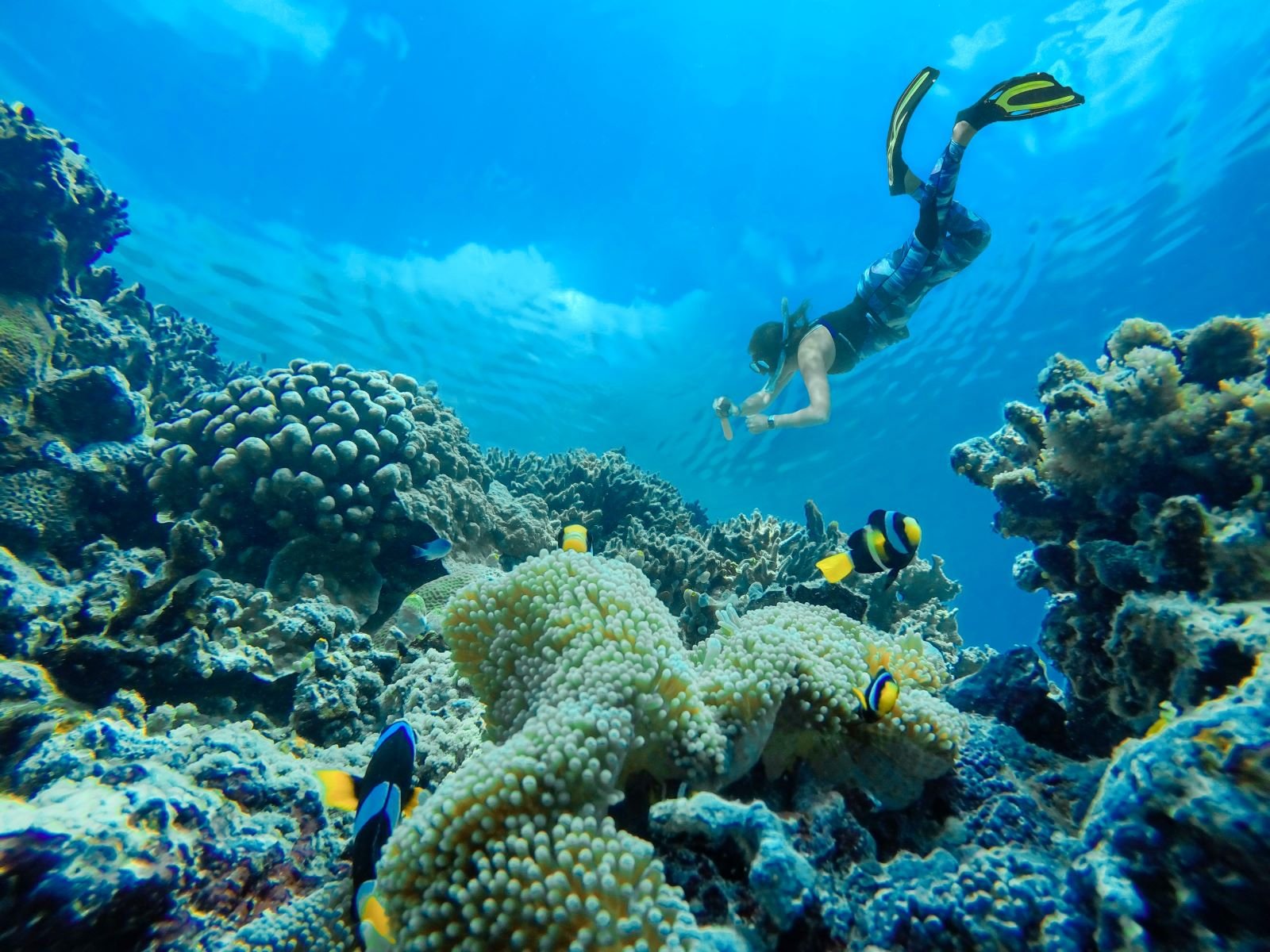
Scuba diving requires excellent physical fitness and can significantly strain the cardiovascular system. The risks of decompression sickness and underwater emergencies are higher for older adults. Exploring marine life through aquariums or marine parks is a safer way to enjoy the underwater world.
Martial Arts

Martial arts involve rigorous physical activity and contact, which can lead to injuries. Seniors should consider gentler forms of exercise like tai chi, which offers similar benefits without the risk of injury.
Rock Climbing

Rock climbing demands significant physical strength, agility, and balance. The risk of falls and injuries is high, making it unsuitable for seniors. Indoor climbing walls with proper supervision and safety measures can be a safer alternative.
Ice Skating

Ice skating can be dangerous due to the high risk of falls and fractures. Seniors should consider safer activities like indoor walking tracks or recreational skating with proper support and safety gear.
Mountain Biking

Mountain biking involves navigating rough terrains, which can be hazardous. The risk of falls and accidents is significant. Seniors should consider leisurely bike rides on flat, paved paths a safer option.
Skiing

Due to its speed and physical demands, skiing poses a high risk of falls and injuries. Safer alternatives include cross-country skiing or snowshoeing on gentle trails.
Kayaking in Rough Waters
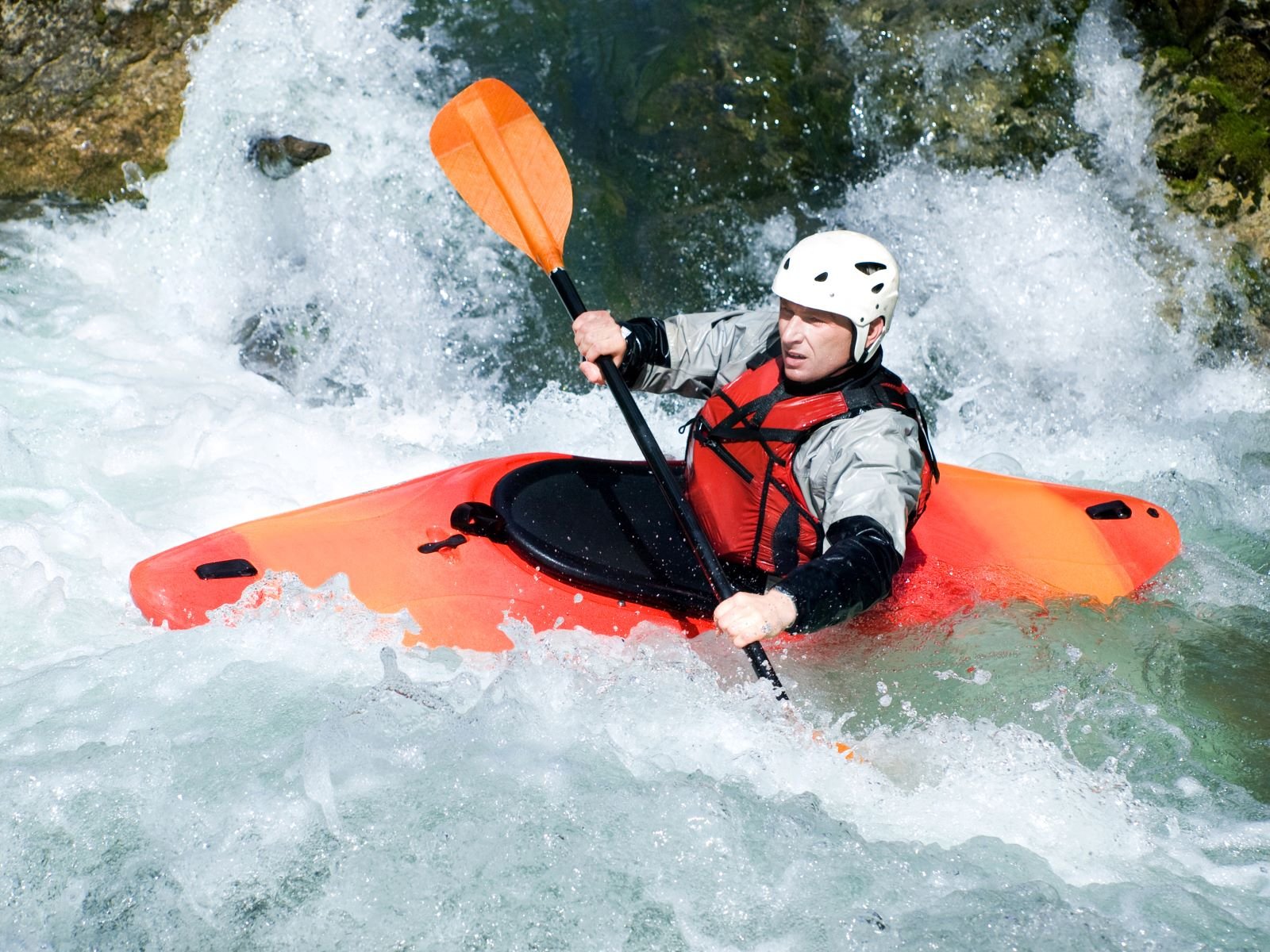
Kayaking in rough waters requires strength and skill, posing a risk of capsizing and drowning. Flatwater kayaking or canoeing on calm lakes and rivers is a safer choice.
Hiking on Difficult Trails

Hiking on challenging trails can lead to falls and injuries. Seniors should opt for easy, well-maintained trails and use trekking poles for additional stability.
Sailing

Sailing requires physical effort and balance, which can be challenging for seniors. To enjoy being on the water safely, consider opting for calmer sailing experiences or motorized boat rides.
Gardening Without Proper Tools
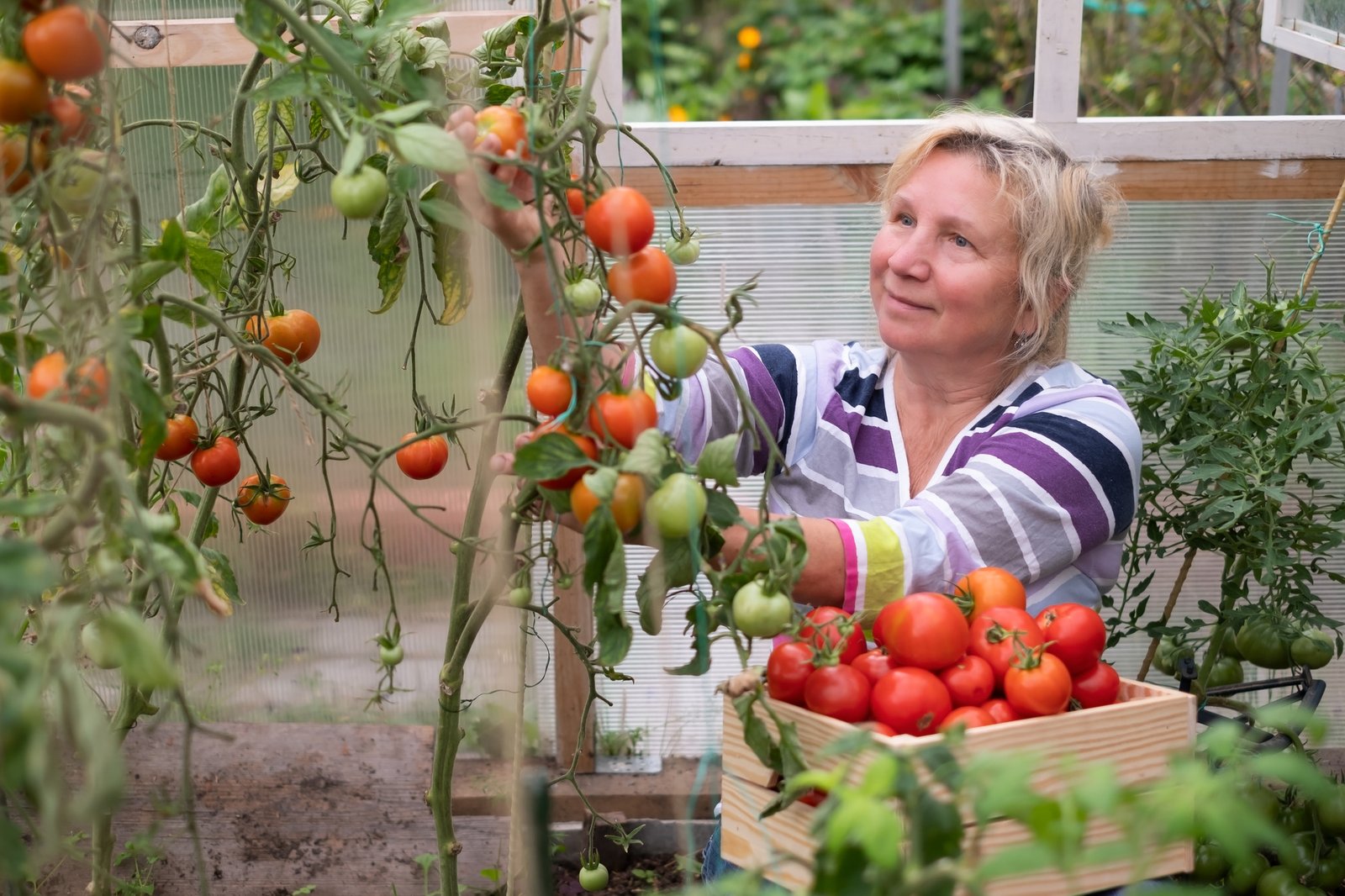
Gardening can be risky without ergonomic tools and proper techniques, leading to strains and injuries. Using raised beds and lightweight tools can make gardening safer and more enjoyable for seniors.
Dancing in Crowded Venues

Dancing in crowded venues can increase the risk of falls and injuries. Seniors should consider dance classes or social dances in a controlled environment with ample space to move safely.
Golfing Without a Cart

Walking long distances on a golf course can be tiring and increase the risk of falls. A golf cart can make the sport more accessible and enjoyable for seniors.
Handling Firearms

Declining eyesight, reflexes, and strength can make handling firearms particularly dangerous for seniors. Safe storage and possibly transferring firearm responsibilities to a trusted individual can prevent accidents and ensure safety.
Excessive Alcohol Consumption

Alcohol can interact negatively with medications and exacerbate health problems. Limiting alcohol intake or avoiding it altogether can prevent these risks and contribute to overall health.
Competitive Sports

Participating in competitive sports can lead to injuries due to intense physical exertion and the potential for collisions. Opting for non-competitive, low-impact sports like golf or bowling can provide similar enjoyment with reduced risk.


